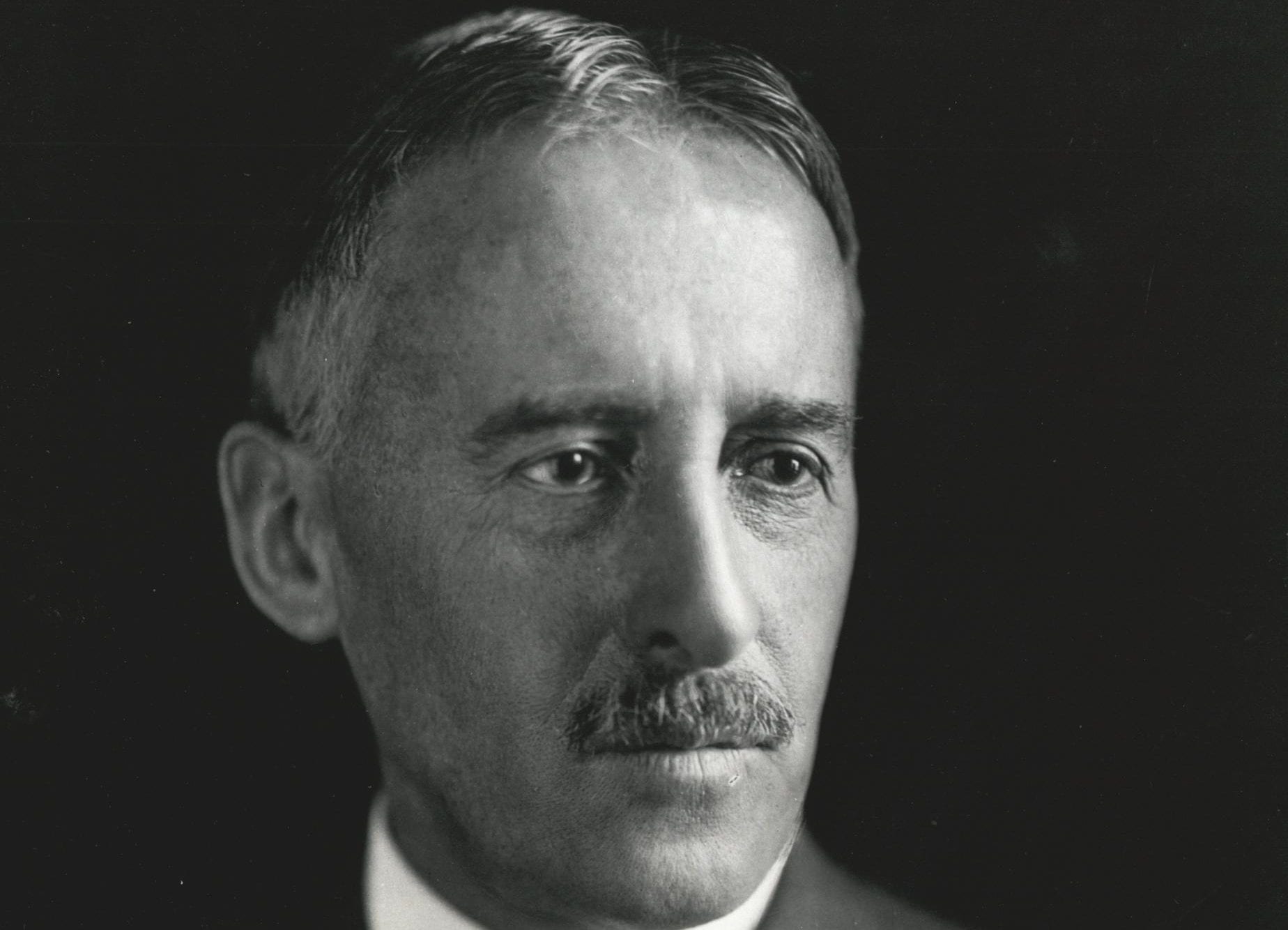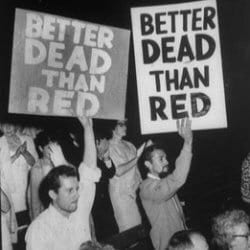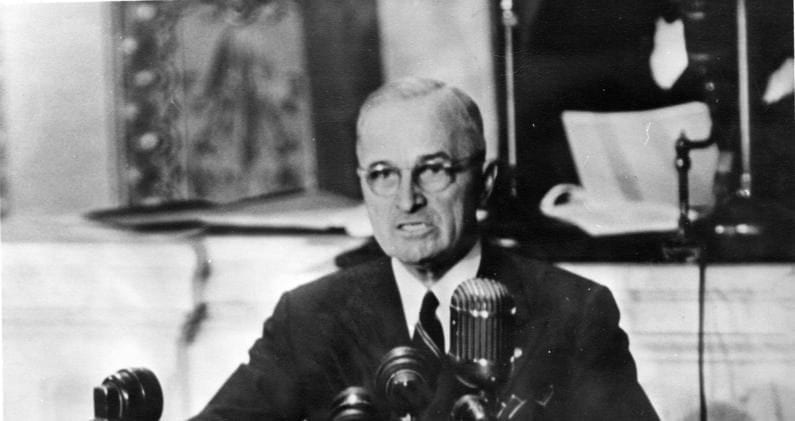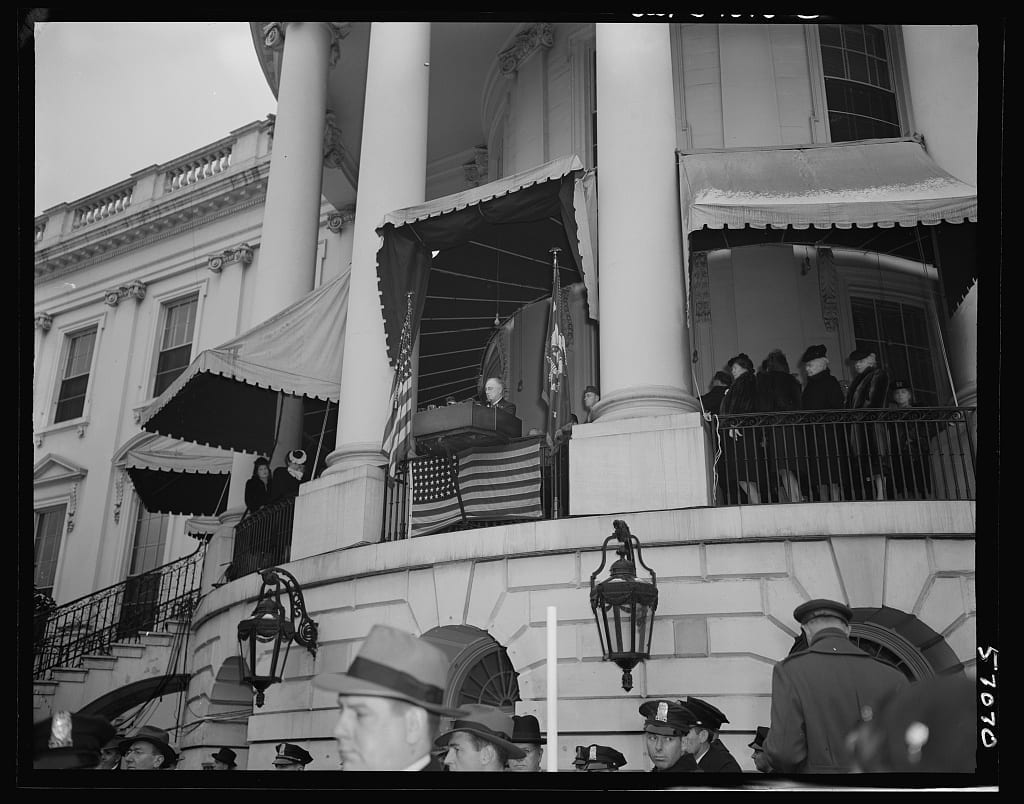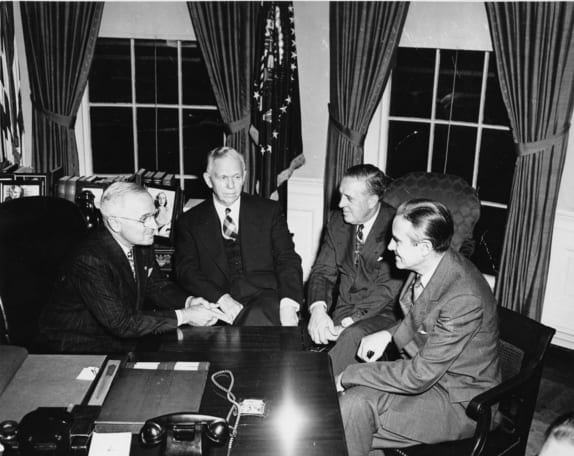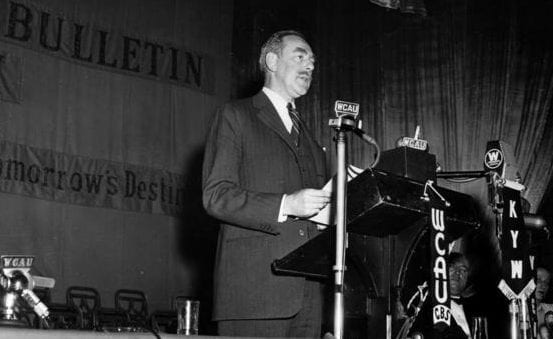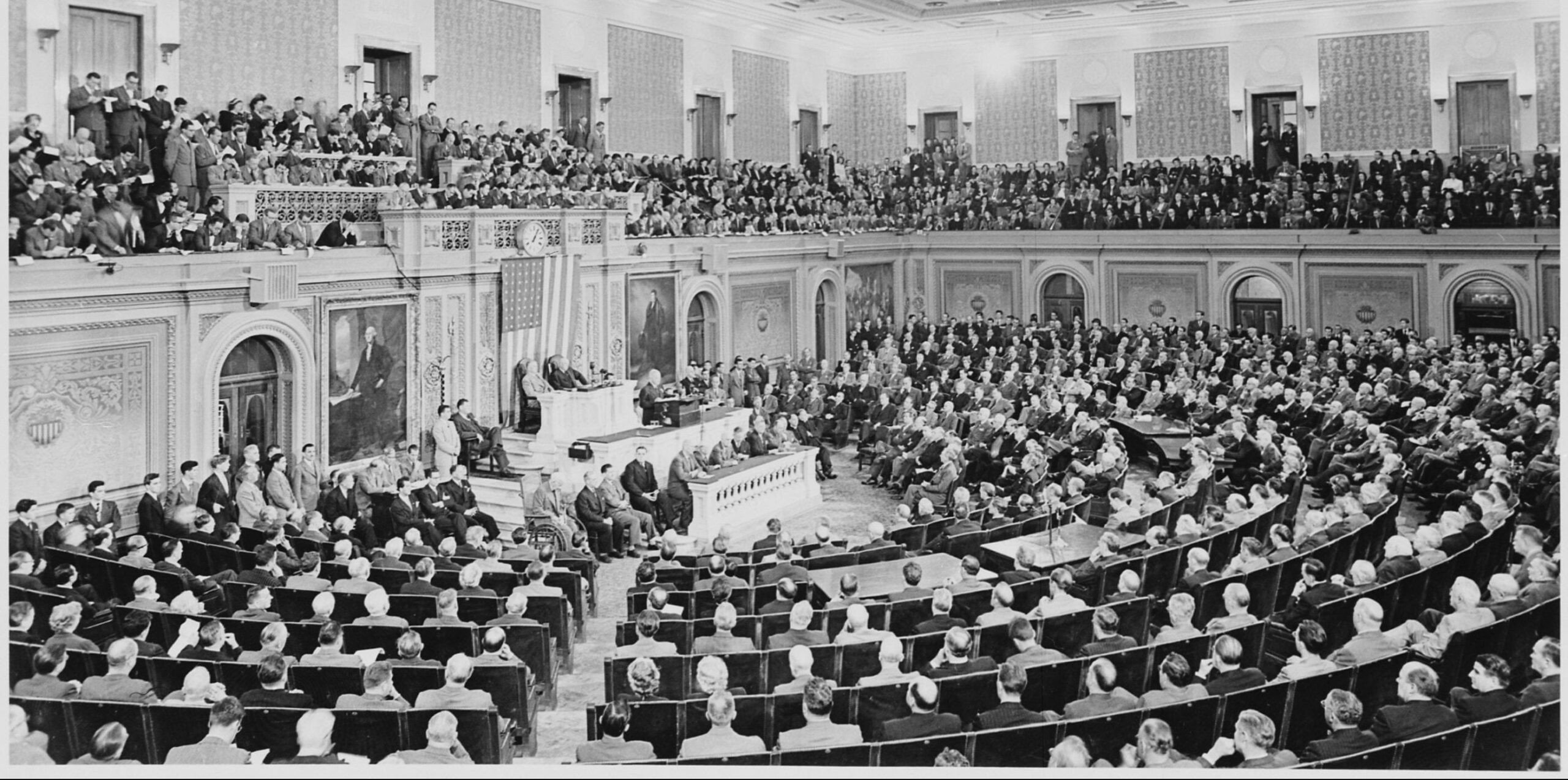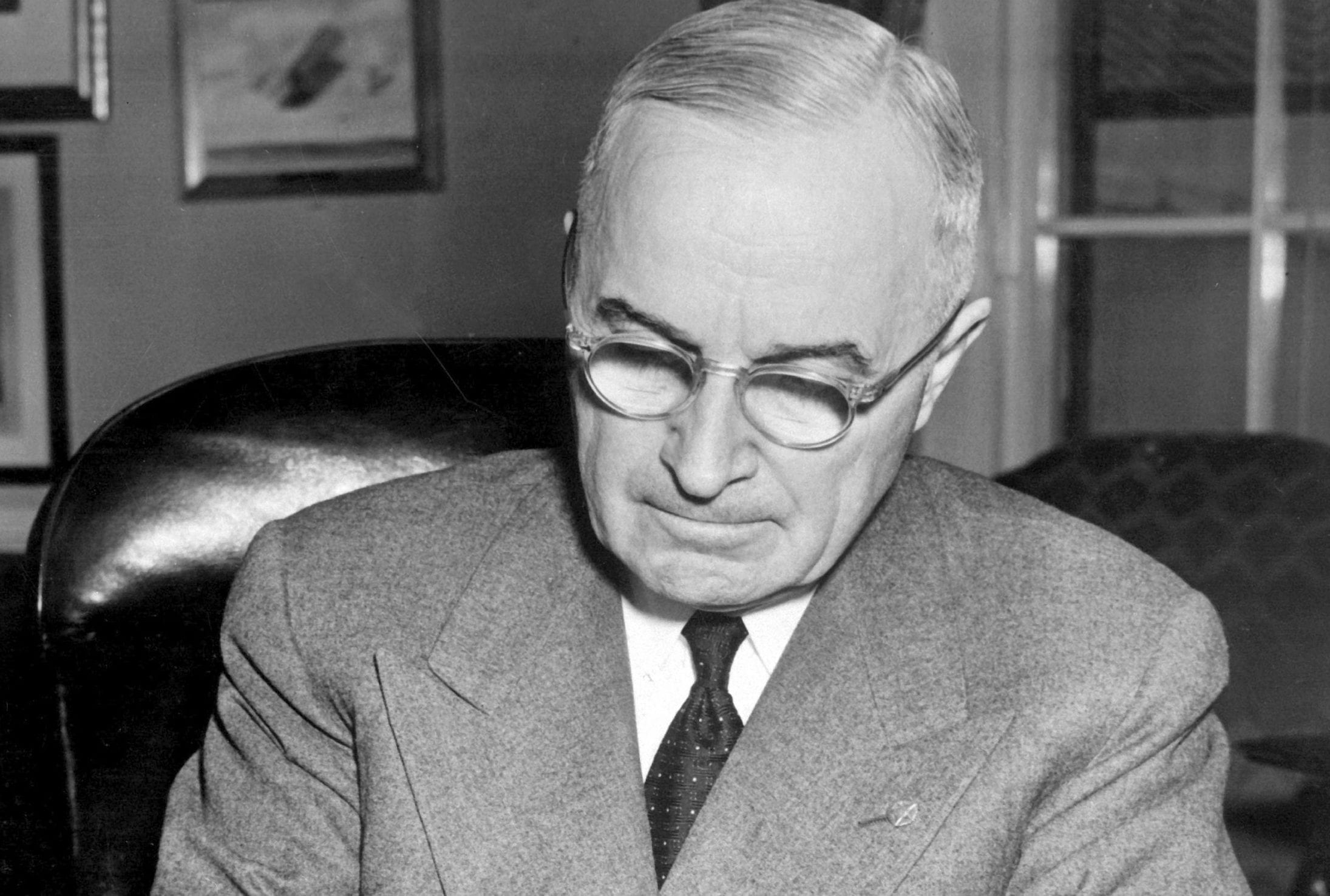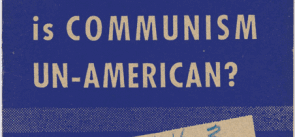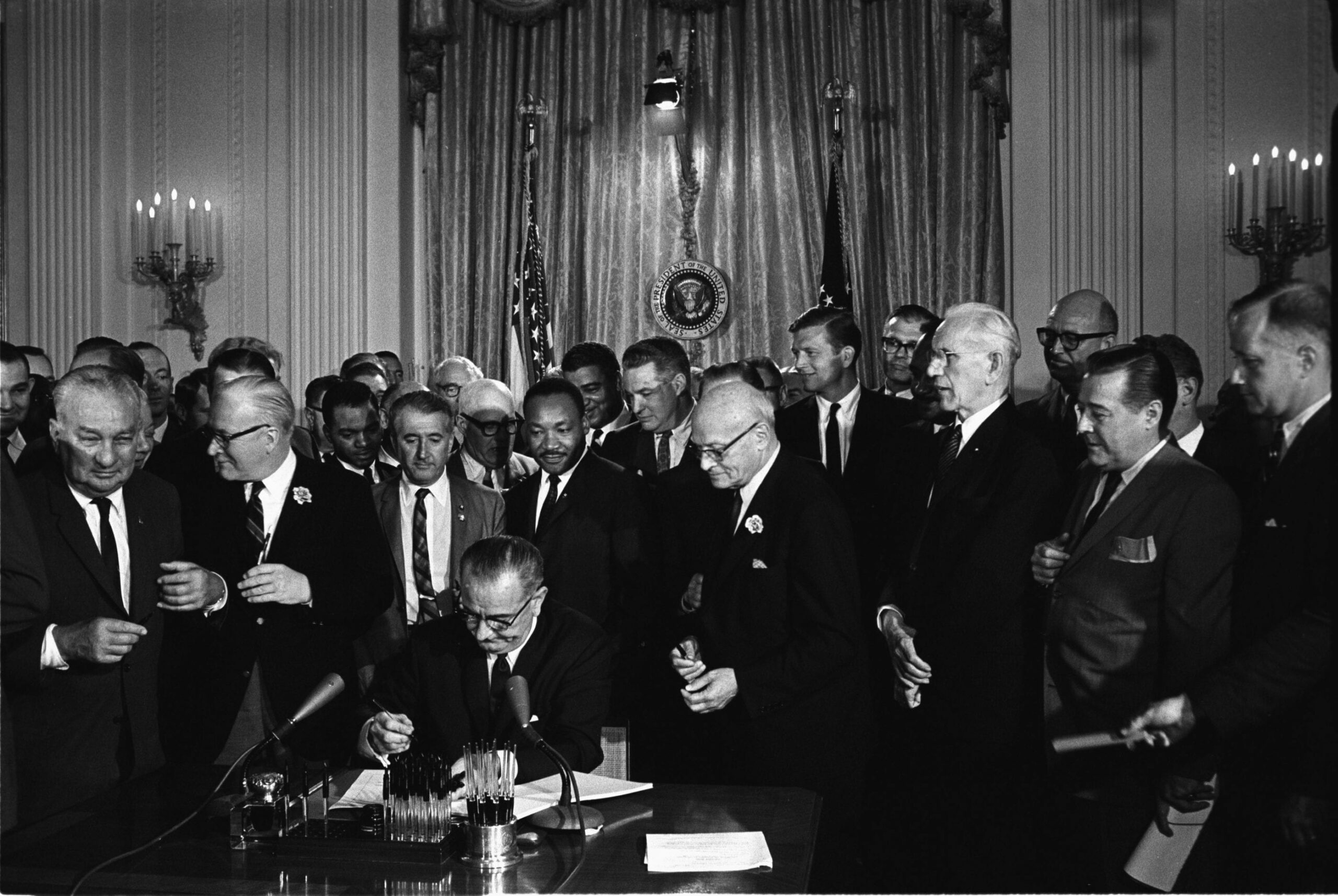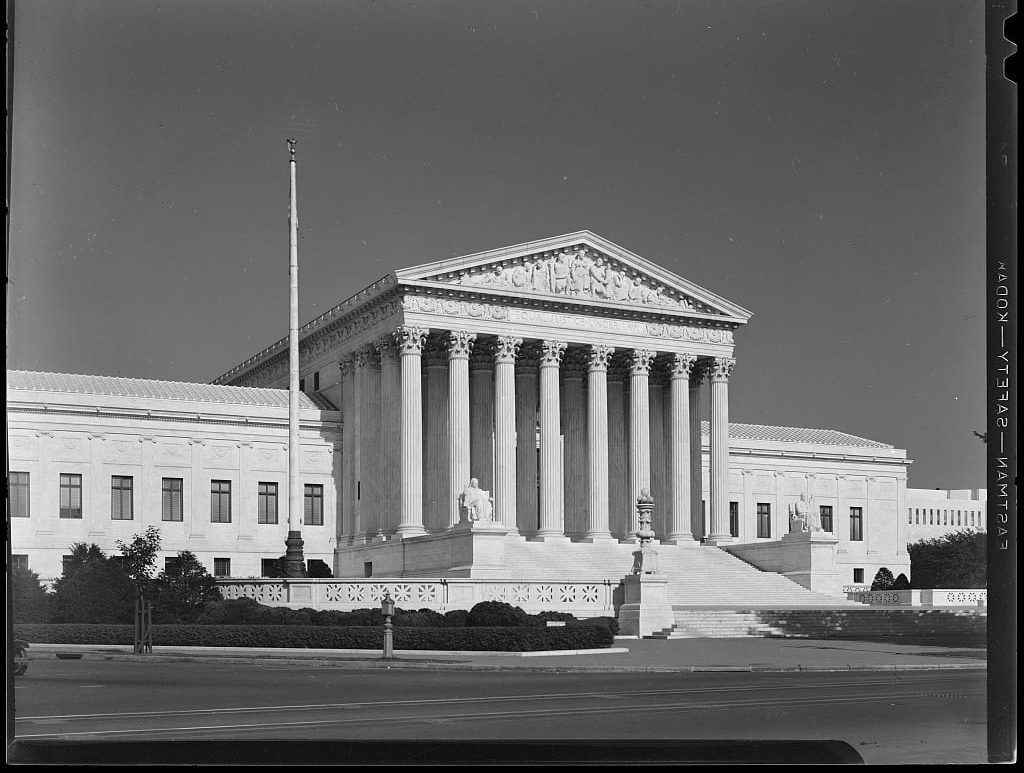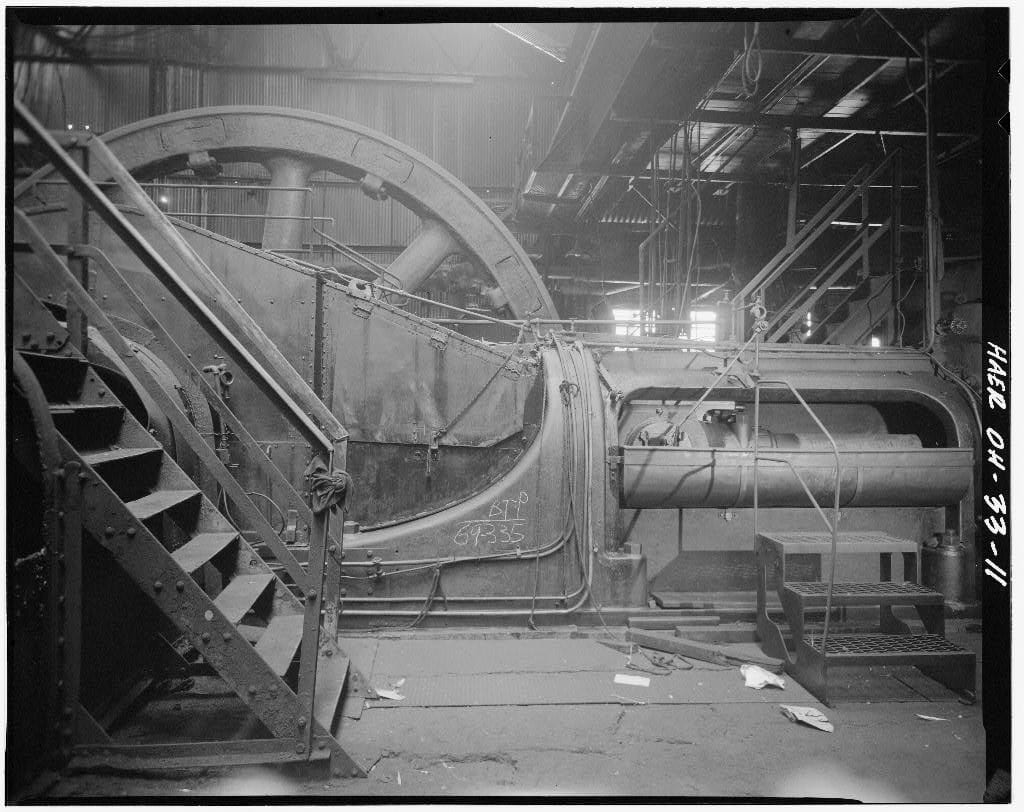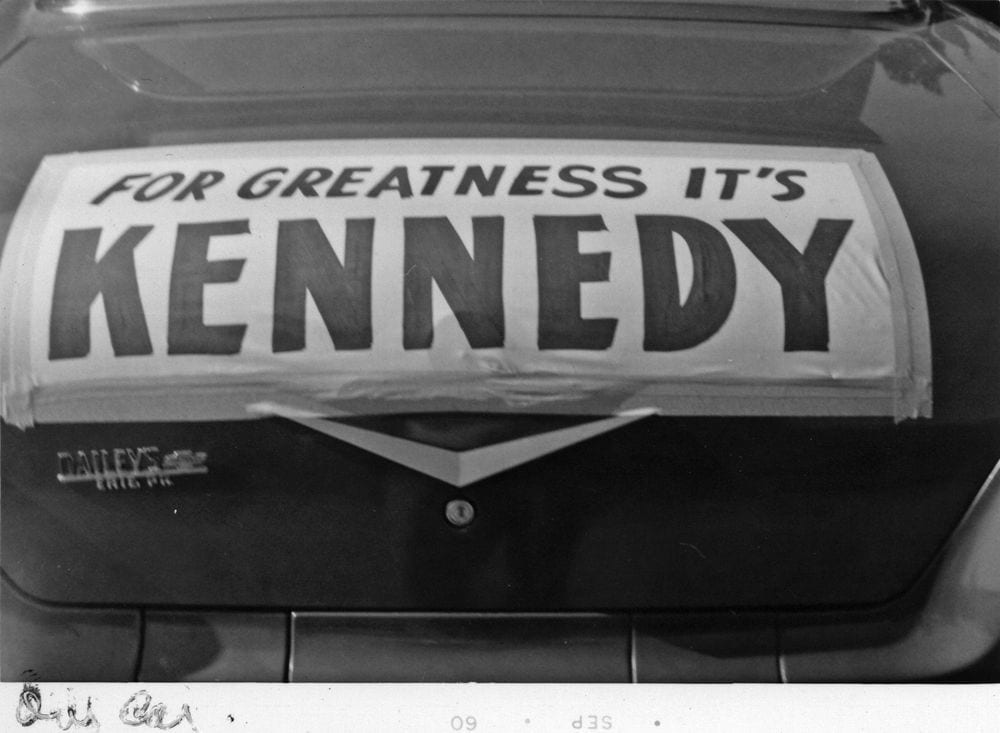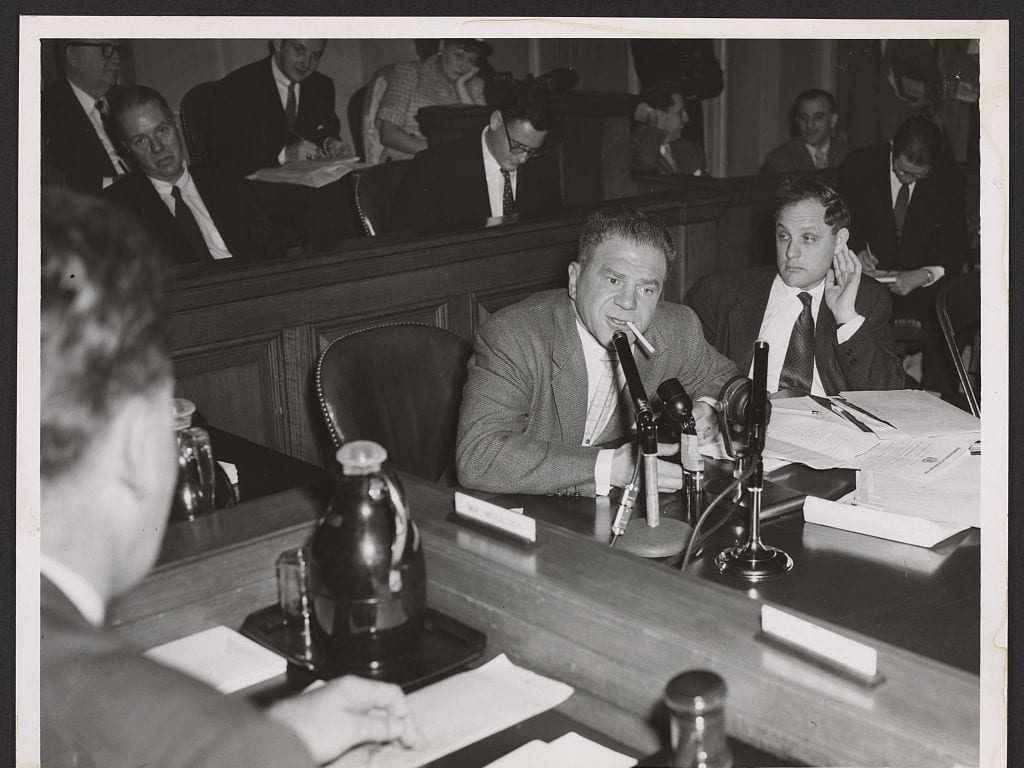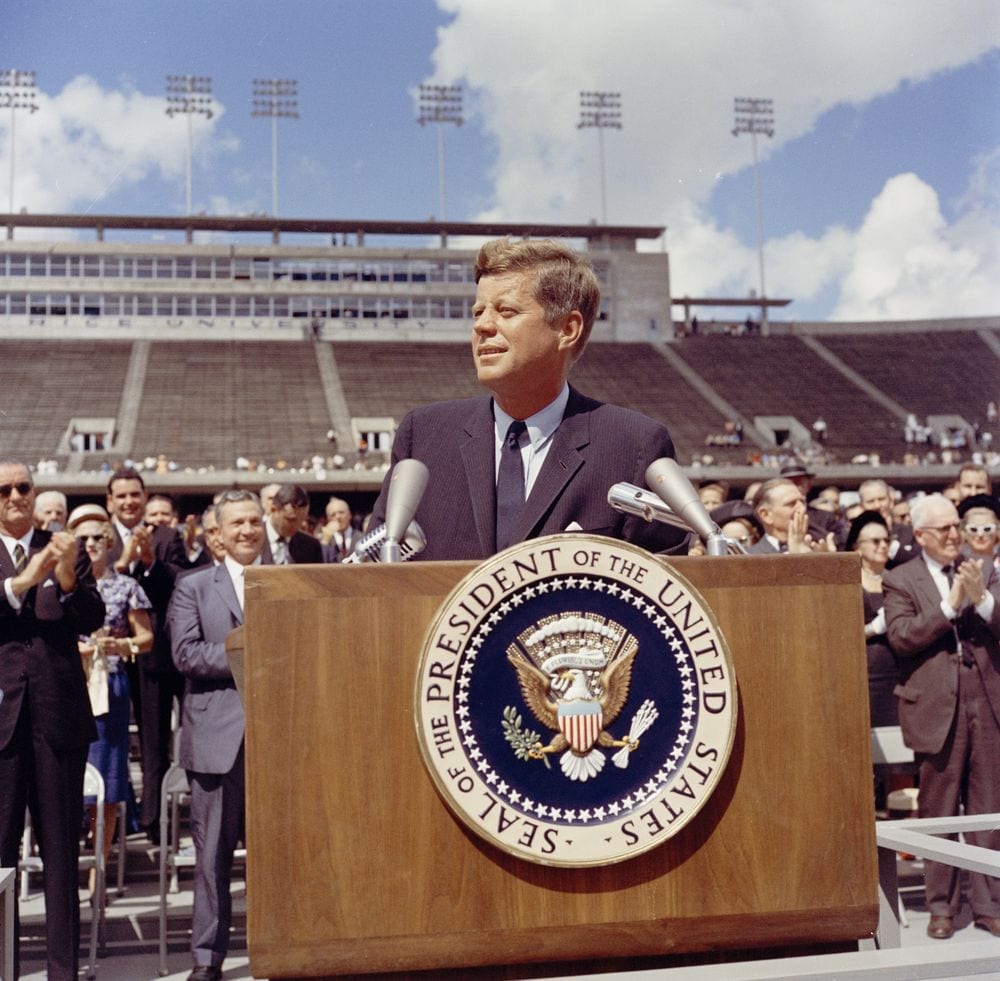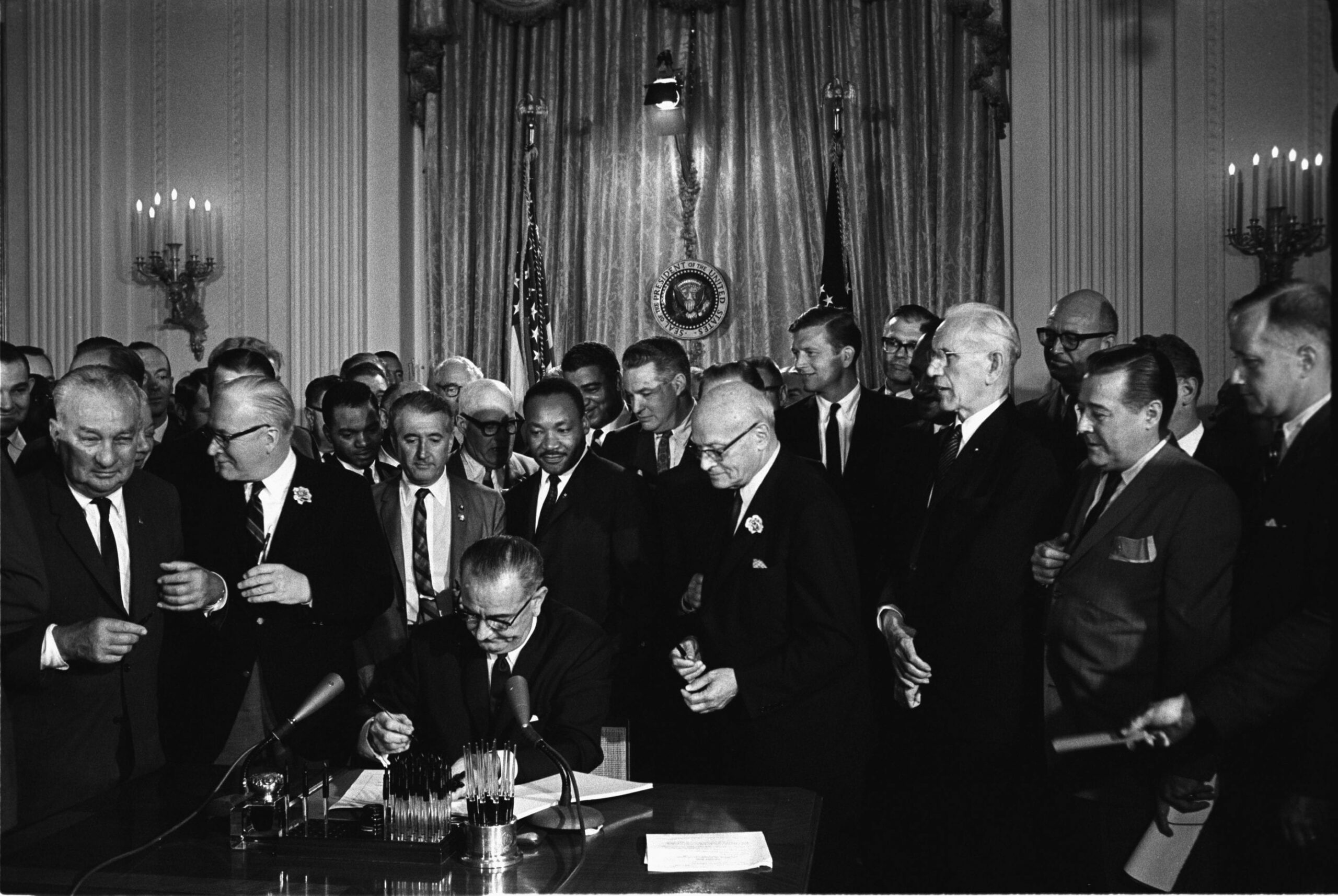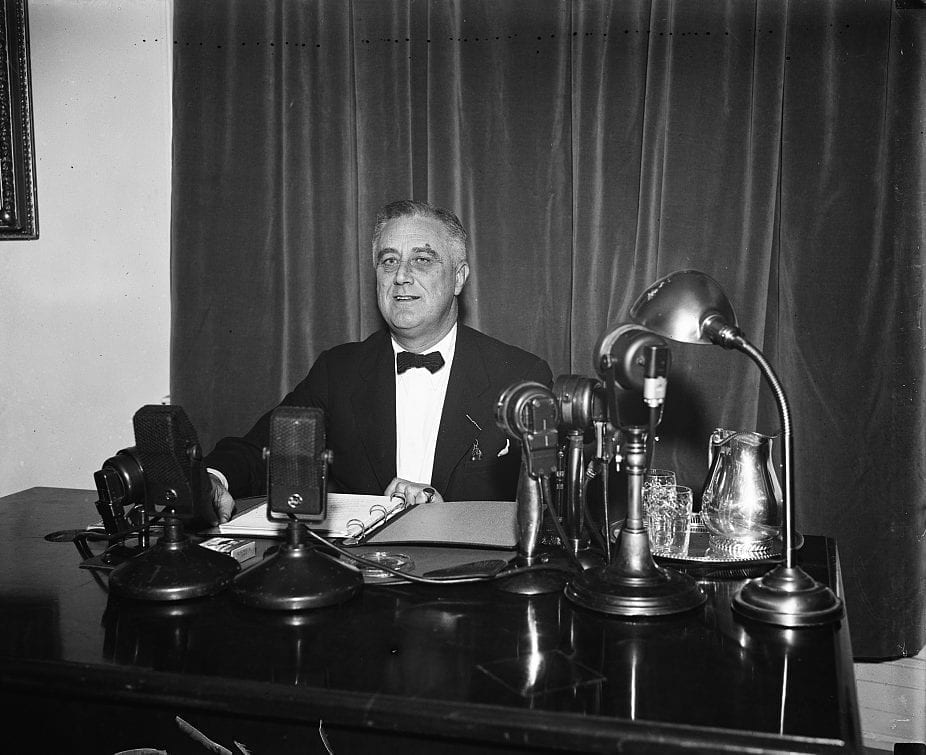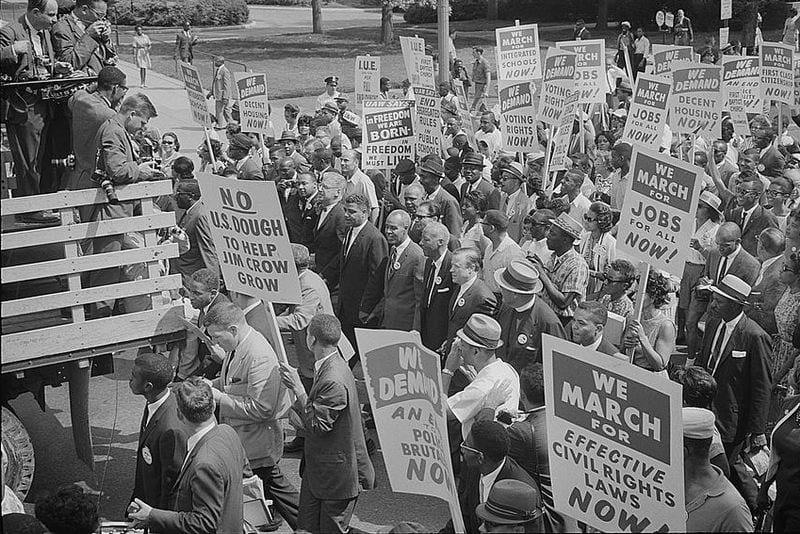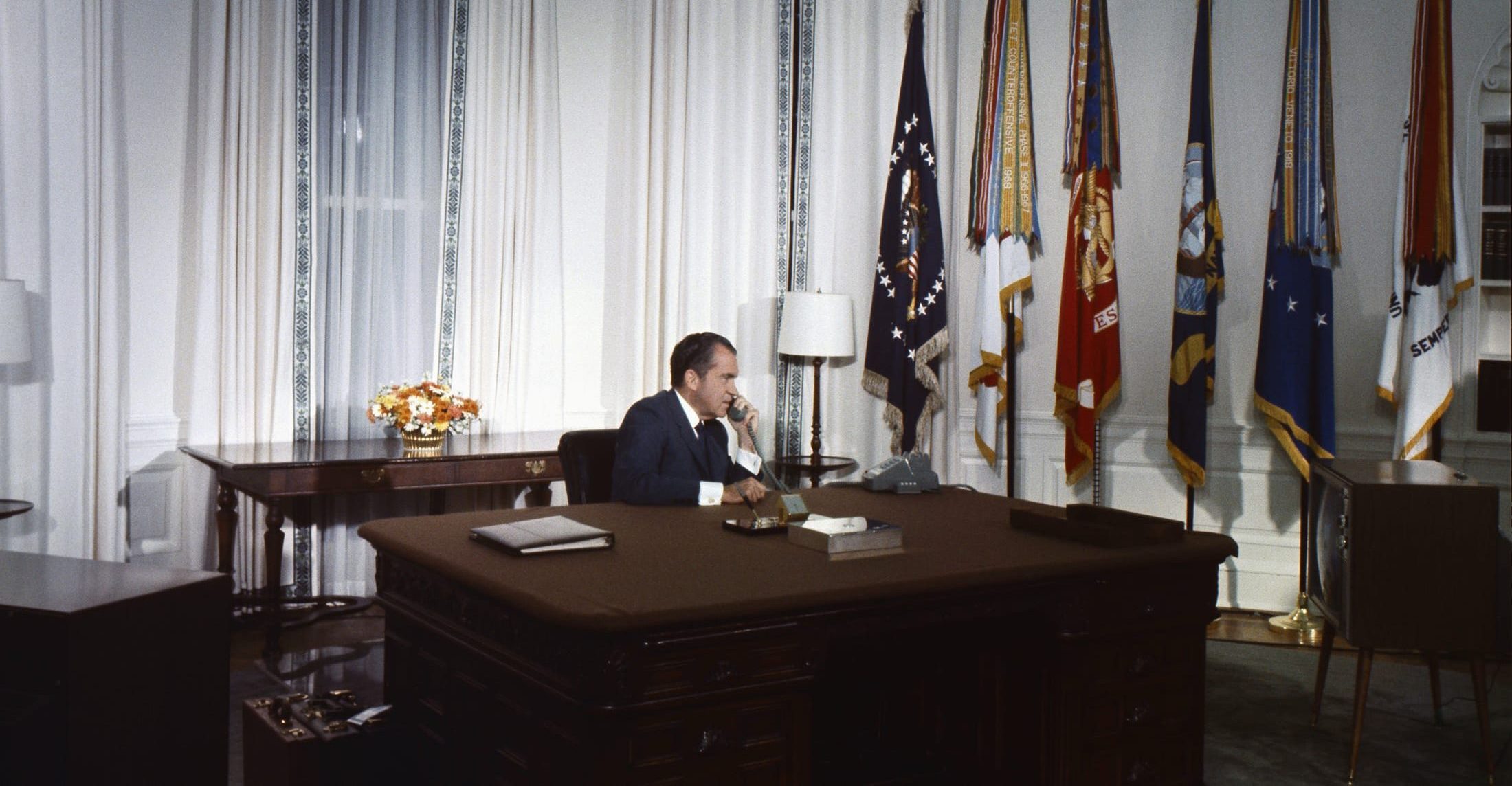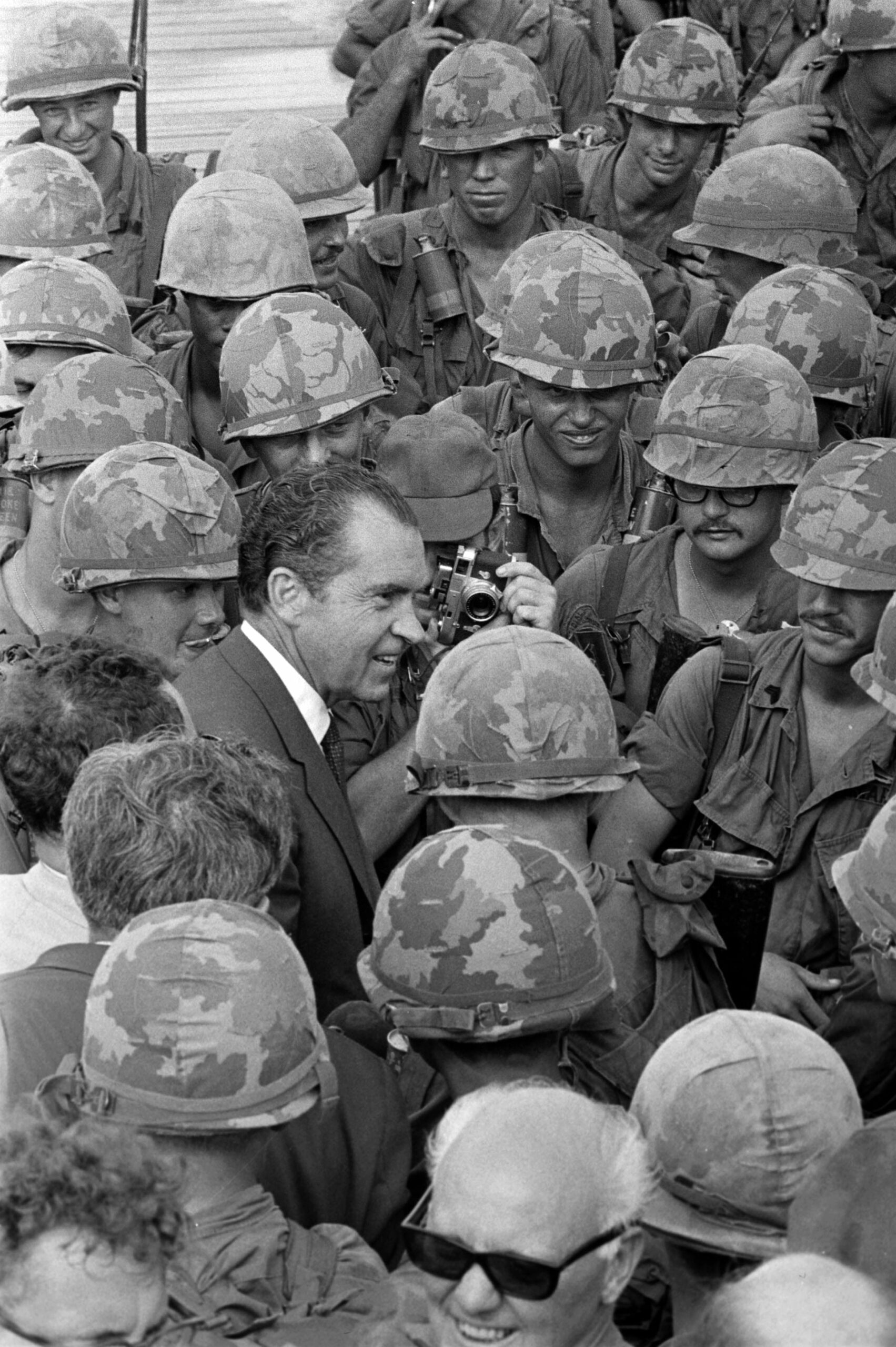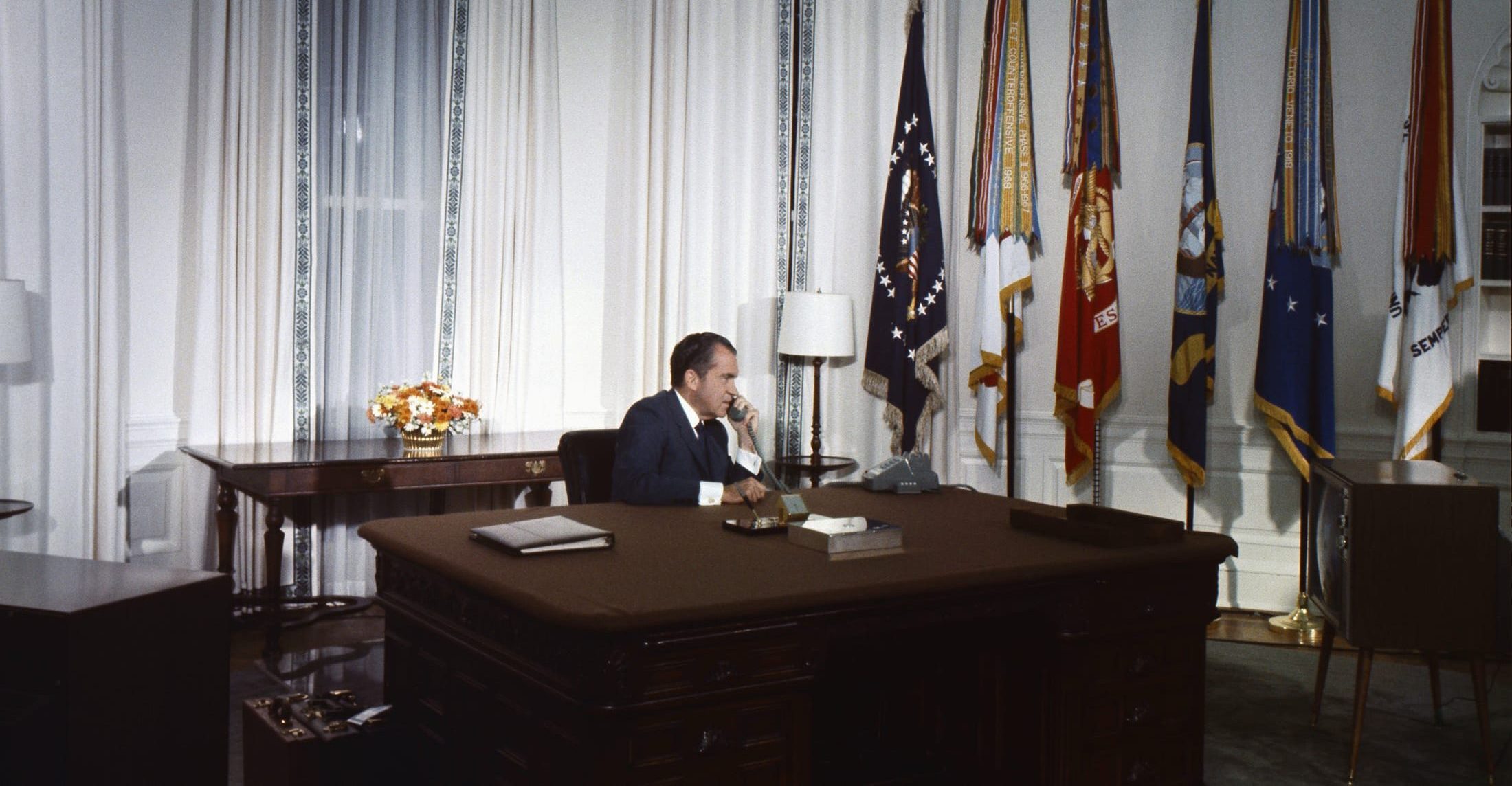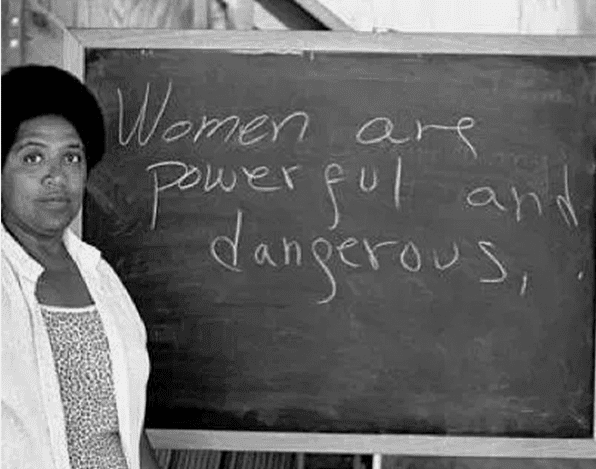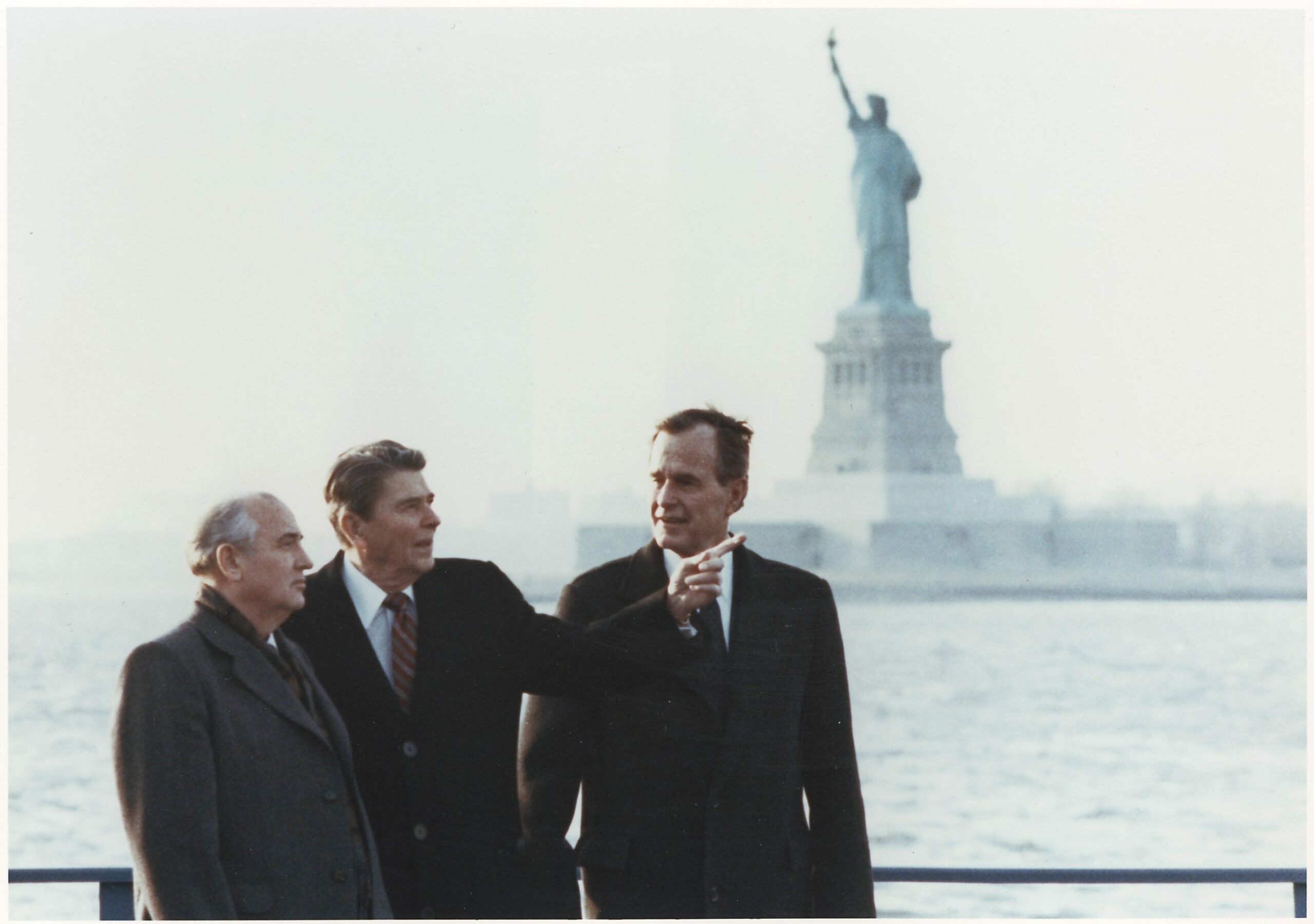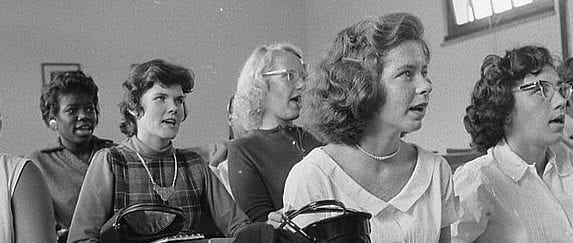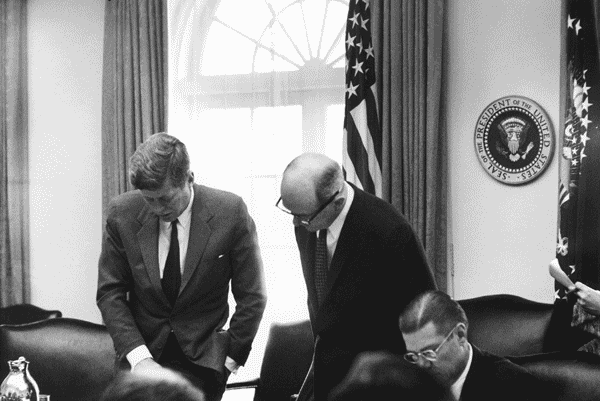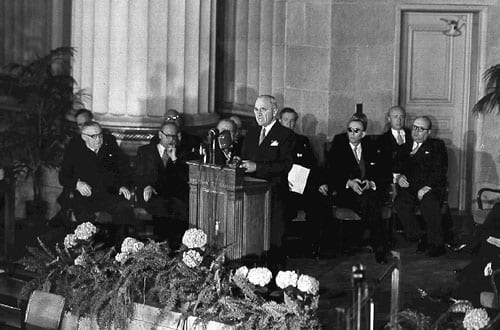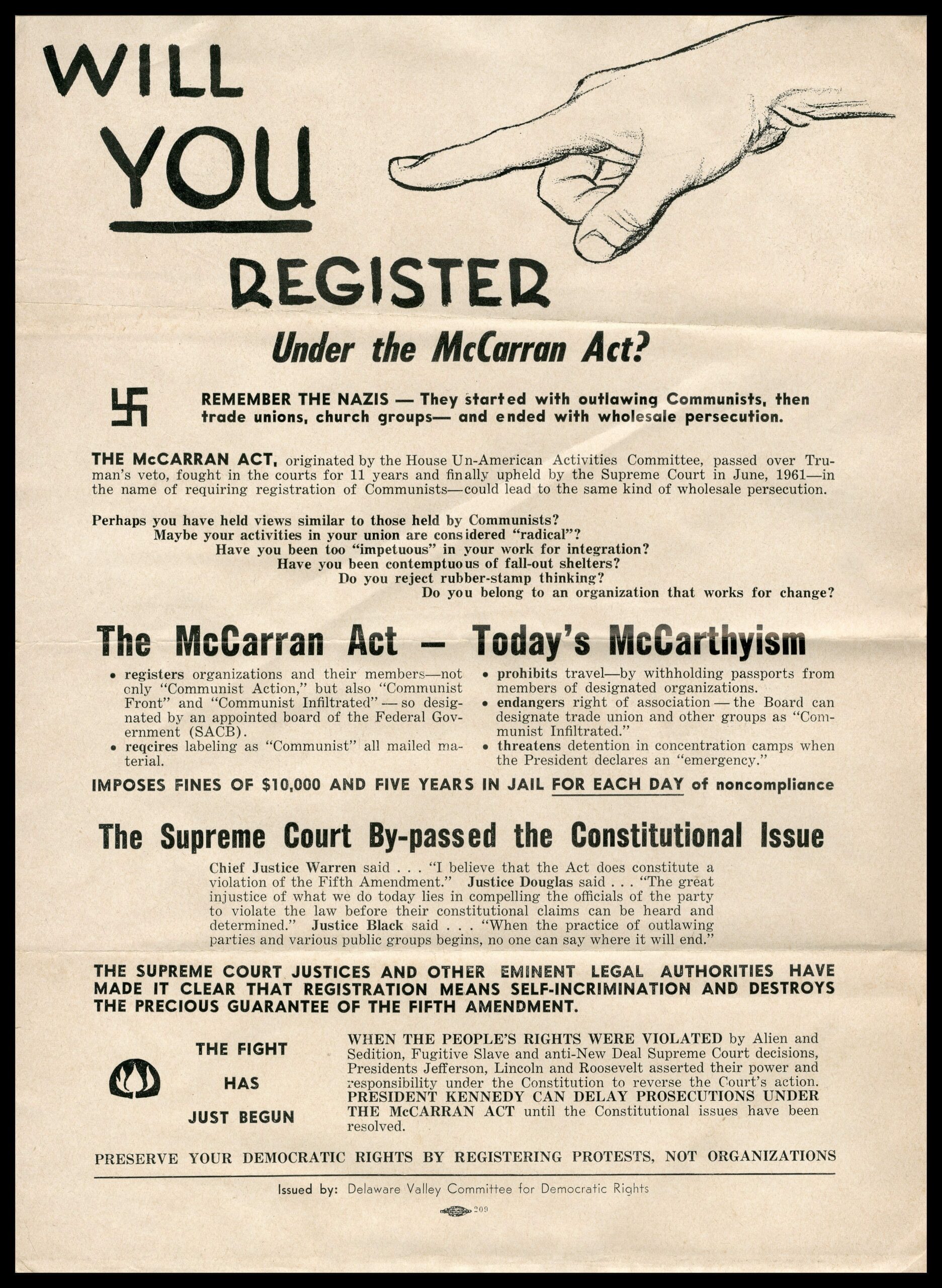

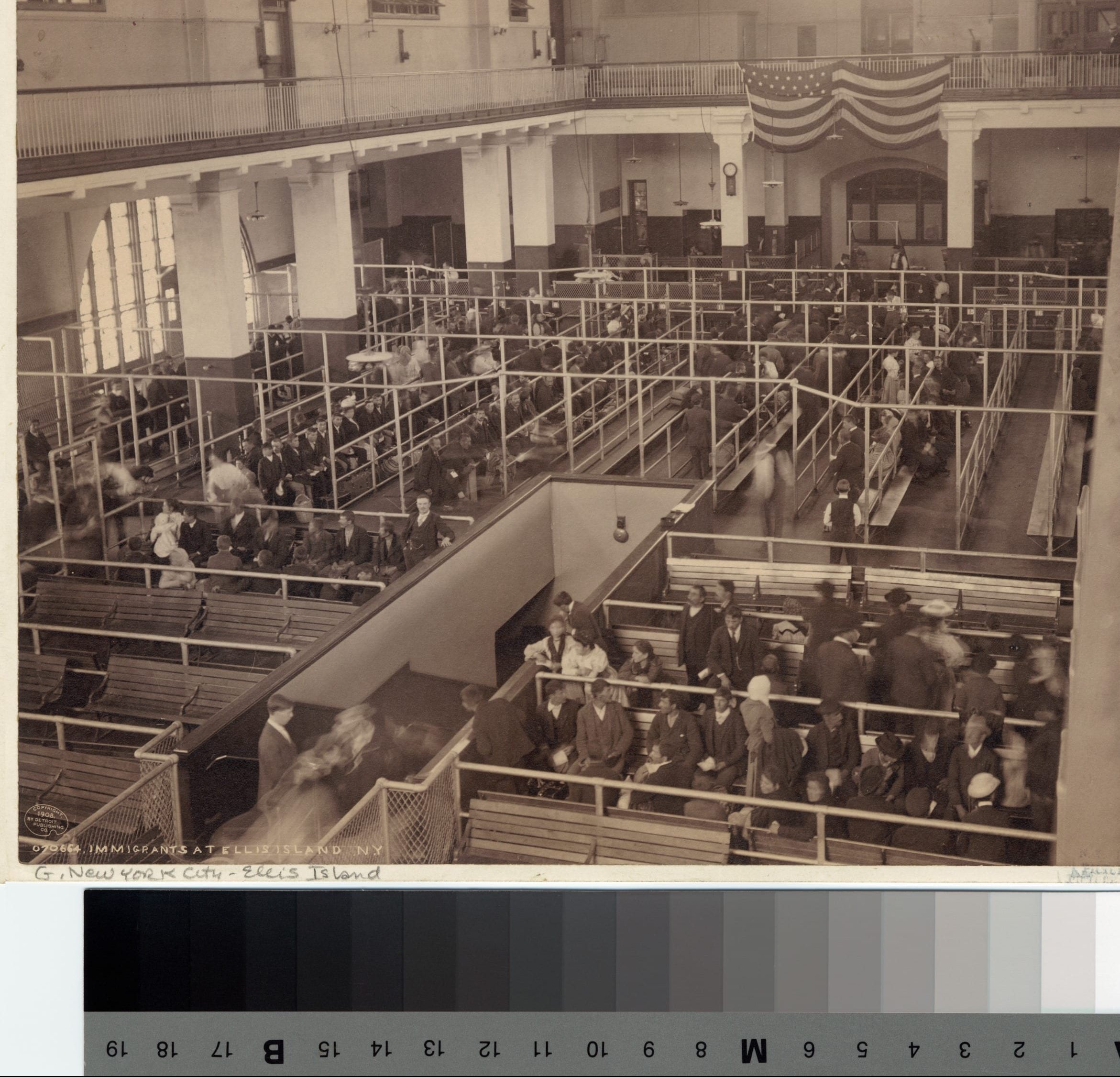
No related resources
Introduction
Jagdish Rai Chadha, who was originally born in Kenya, visited the United States in 1966 with a British passport. During his stay in the United States, however, Kenya declared its independence from the U.K., which passed the Immigration Act of 1971, essentially making Chadha stateless. In 1973, following the expiration of Chadha’s visa, the Immigration and Naturalization Services (INS) initiated Chadha’s deportation. Chadha filed a claim with the INS and his deportation was suspended following the agency’s investigation, as the INS concluded he would suffer hardship if deported. In accordance with the Immigration and Naturalization Act, the INS submitted a report on Chadha’s case to the House, which had a legislative veto, or power to reverse an administrative decision through a decision of just one chamber of Congress. The House rejected the suspension of Chadha’s deportation on the grounds that he would not suffer hardship if deported, and Chadha then initiated legal proceedings, arguing that the legislative veto used to reverse the INS decision was unconstitutional because it bypassed the ordinary legislative process involving both the House and the Senate, along with the president, to concur in passing a law. Because Congress routinely delegates extensive powers to administrative agencies, arguably in tension with the Constitution’s mandate that legislative power resides with the people’s representatives in Congress (see House Debate on the Establishment of Post Roads and House Debate on the Influence of Alexander Hamilton), legislative vetoes are important for Congress to retain control over important decisions made by the executive. If the legislative veto were to be ruled unconstitutional, it would deprive Congress of an important tool to keep bureaucratic decisions accountable to the public.
Source: 462 U.S. 919 (1983)
CHIEF JUSTICE BURGER[1] delivered the opinion of the Court.
[This case] presents a challenge to the constitutionality of the provision in § 244(c)(2) of the Immigration and Nationality Act . . . authorizing one House of Congress, by resolution, to invalidate the decision of the Executive Branch, pursuant to authority delegated by Congress to the attorney general of the United States, to allow a particular deportable alien to remain in the United States. . . .
[T]he fact that a given law or procedure is efficient, convenient, and useful in facilitating functions of government, standing alone, will not save it if it is contrary to the Constitution. Convenience and efficiency are not the primary objectives—or the hallmarks—of democratic government, and our inquiry is sharpened, rather than blunted, by the fact that congressional veto provisions are appearing with increasing frequency in statutes which delegate authority to executive and independent agencies. . . .
JUSTICE WHITE[2] undertakes to make a case for the proposition that the one-House veto is a useful “political invention,” and we need not challenge that assertion. We can even concede this utilitarian argument. . . . But policy arguments supporting even useful “political inventions” are subject to the demands of the Constitution, which defines powers and, with respect to this subject, sets out just how those powers are to be exercised.
Explicit and unambiguous provisions of the Constitution prescribe and define the respective functions of the Congress and of the Executive in the legislative process. Since the precise terms of those familiar provisions are critical to the resolution of these cases, we set them out verbatim. Article I provides:
“All legislative Powers herein granted shall be vested in a Congress of the United States, which shall consist of a Senate and House of Representatives.” Art. I, § 1. [Emphasis added.]
“Every Bill which shall have passed the House of Representatives and the Senate, shall, before it becomes a law, be presented to the president of the United States. . . .” Art. I, § 7, cl. 2. [Emphasis added.]
“Every Order, Resolution, or Vote to which the Concurrence of the Senate and House of Representatives may be necessary (except on a question of Adjournment) shall be presented to the President of the United States; and before the Same shall take Effect, shall be approved by him, or being disapproved by him, shall be repassed by two thirds of the Senate and House of Representatives, according to the Rules and Limitations prescribed in the Case of a Bill.” Art. I, § 7, cl. 3. (Emphasis added.)
These provisions of Art. I are integral parts of the constitutional design for the separation of powers. . . . [T]he purposes underlying the Presentment Clauses, Art. I, § 7, cls. 2, 3, and the bicameral requirement of Art. I, § 1, and § 7, cl. 2, guide our resolution of the important question presented in these cases. The very structure of the articles delegating and separating powers under Arts. I, II, and III exemplifies the concept of separation of powers, and we now turn to Art. I.
The Presentment Clauses
The records of the Constitutional Convention reveal that the requirement that all legislation be presented to the president before becoming law was uniformly accepted by the Framers. Presentment to the president and the presidential veto were considered so imperative that the draftsmen took special pains to assure that these requirements could not be circumvented. During the final debate on Art. I, § 7, cl. 2, James Madison expressed concern that it might easily be evaded by the simple expedient of calling a proposed law a “resolution” or “vote,” rather than a “bill.” As a consequence, Art. I, § 7, cl. 3 was added.
The decision to provide the President with a limited and qualified power to nullify proposed legislation by veto was based on the profound conviction of the Framers that the powers conferred on Congress were the powers to be most carefully circumscribed. . . .
Bicameralism
The bicameral requirement of Art. I, § § 1, 7, was of scarcely less concern to the Framers than was the Presidential veto, and indeed the two concepts are interdependent. By providing that no law could take effect without the concurrence of the prescribed majority of the members of both Houses, the Framers reemphasized their belief, already remarked upon in connection with the Presentment Clauses, that legislation should not be enacted unless it has been carefully and fully considered by the Nation’s elected officials. In the Constitutional Convention debates on the need for a bicameral legislature, James Wilson, later to become a Justice of this Court, commented:
“Despotism comes on mankind in different shapes, sometimes in an Executive, sometimes in a military, one. Is there danger of a Legislative despotism? Theory & practice both proclaim it. If the Legislative authority be not restrained, there can be neither liberty nor stability; and it can only be restrained by dividing it within itself, into distinct and independent branches. In a single house there is no check but the inadequate one of the virtue & good sense of those who compose it.”
. . . We see therefore that the Framers were acutely conscious that the bicameral requirement and the Presentment Clauses would serve essential constitutional functions. The president’s participation in the legislative process was to protect the Executive Branch from Congress and to protect the whole people from improvident laws. The division of the Congress into two distinctive bodies assures that the legislative power would be exercised only after opportunity for full study and debate in separate settings. The President’s unilateral veto power, in turn, was limited by the power of two-thirds of both Houses of Congress to overrule a veto, thereby precluding final arbitrary action of one person. It emerges clearly that the prescription for legislative action in Art. I, §§ 1, 7, represents the Framers’ decision that the legislative power of the federal government be exercised in accord with a single, finely wrought and exhaustively considered, procedure.
. . . Since it is clear that the action by the House under § 244(c)(2) was not within any of the express constitutional exceptions authorizing one House to act alone, and equally clear that it was an exercise of legislative power, that action was subject to the standards prescribed in Art. I. The bicameral requirement, the Presentment Clauses, the president’s veto, and Congress’ power to override a veto were intended to erect enduring checks on each branch and to protect the people from the improvident exercise of power by mandating certain prescribed steps. To preserve those checks, and maintain the separation of powers, the carefully defined limits on the power of each branch must not be eroded. To accomplish what has been attempted by one House of Congress in this case requires action in conformity with the express procedures of the Constitution’s prescription for legislative action: passage by a majority of both Houses and presentment to the president.
. . . The records of the Convention and debates in the states preceding ratification underscore the common desire to define and limit the exercise of the newly created federal powers affecting the states and the people. There is an unmistakable expression of a determination that legislation by the national Congress be a step-by-step, deliberate and deliberative process.
The choices we discern as having been made in the Constitutional Convention impose burdens on governmental processes that often seem clumsy, inefficient, even unworkable, but those hard choices were consciously made by men who had lived under a form of government that permitted arbitrary governmental acts to go unchecked. There is no support in the Constitution or decisions of this court for the proposition that the cumbersomeness and delays often encountered in complying with explicit constitutional standards may be avoided, either by the Congress or by the president.
We hold that the congressional veto provision in § 244(c)(2) is severable from the act, and that it is unconstitutional.
JUSTICE WHITE, dissenting:
Today the Court not only invalidates §244(c)(2) of the Immigration and Nationality Act, but also sounds the death knell for nearly 200 other statutory provisions in which Congress has reserved a “legislative veto.”[3] For this reason, the Court’s decision is of surpassing importance. . . .
The prominence of the legislative veto mechanism in our contemporary political system and its importance to Congress can hardly be overstated. It has become a central means by which Congress secures the accountability of executive and independent agencies. Without the legislative veto, Congress is faced with a Hobson’s choice[4]: either to refrain from delegating the necessary authority, leaving itself with a hopeless task of writing laws with the requisite specificity to cover endless special circumstances across the entire policy landscape, or in the alternative, to abdicate its lawmaking function to the executive branch and independent agencies. . . .
[T]he legislative veto is more than “efficient, convenient, and useful.” It is an important if not indispensable political invention that allows the president and Congress to resolve major constitutional and policy differences, assures the accountability of independent regulatory agencies, and preserves Congress’ control over lawmaking. . . .
The history of the legislative veto also makes clear that it has not been a sword with which Congress has struck out to aggrandize itself at the expense of the other branches—the concerns of Madison and Hamilton. Rather, the veto has been a means of defense, a reservation of ultimate authority necessary if Congress is to fulfill its designated role under Article I as the nation’s lawmaker. . . .
The Constitution does not directly authorize or prohibit the legislative veto. Thus, our task should be to determine whether the legislative veto is consistent with the purposes of Art. I and the principles of separation of powers which are reflected in that article and throughout the Constitution. . . . Only within the last half century has the complexity and size of the federal government’s responsibilities grown so greatly that the Congress must rely on the legislative veto as the most effective if not the only means to ensure their role as the nation’s lawmakers. . . .
I do not suggest that all legislative vetoes are necessarily consistent with separation of powers principles. . . . But the legislative veto device here—and in many other settings—is far from an instance of legislative tyranny over the Executive. It is a necessary check on the unavoidably expanding power of the agencies, both executive and independent, as they engage in exercising authority delegated by Congress.
- 1. Warren E. Burger was the 15th chief justice of the U.S. Supreme Court and served from 1969––1986. Despite being nominated by President Nixon, Burger wrote the opinion for United States v. Nixon—the case that determined that executive privilege does not outweigh the judicial process.
- 2. Byron “Whizzer” White was an associate justice on the Supreme Court after a successful football career for the University of Colorado and the Detroit Lions. Chief Justice Burger often assigned opinions revolving around individual rights and criminal procedure to Justice White.
- 3. Legislative veto provisions, utilized extensively during the twentieth century, allowed one house of Congress to reverse a decision made by an administrative agency, rather than passing a law through both houses and presentment to the President for his signature. These provisions mandated that agencies write reports to appropriate congressional committees, which would review the reports and decide whether to reverse any decisions.
- 4. A Hobson’s Choice is often summarized as “take it or leave it.” It is a choice between taking what is offered, or taking nothing at all.

Conversation-based seminars for collegial PD, one-day and multi-day seminars, graduate credit seminars (MA degree), online and in-person.

